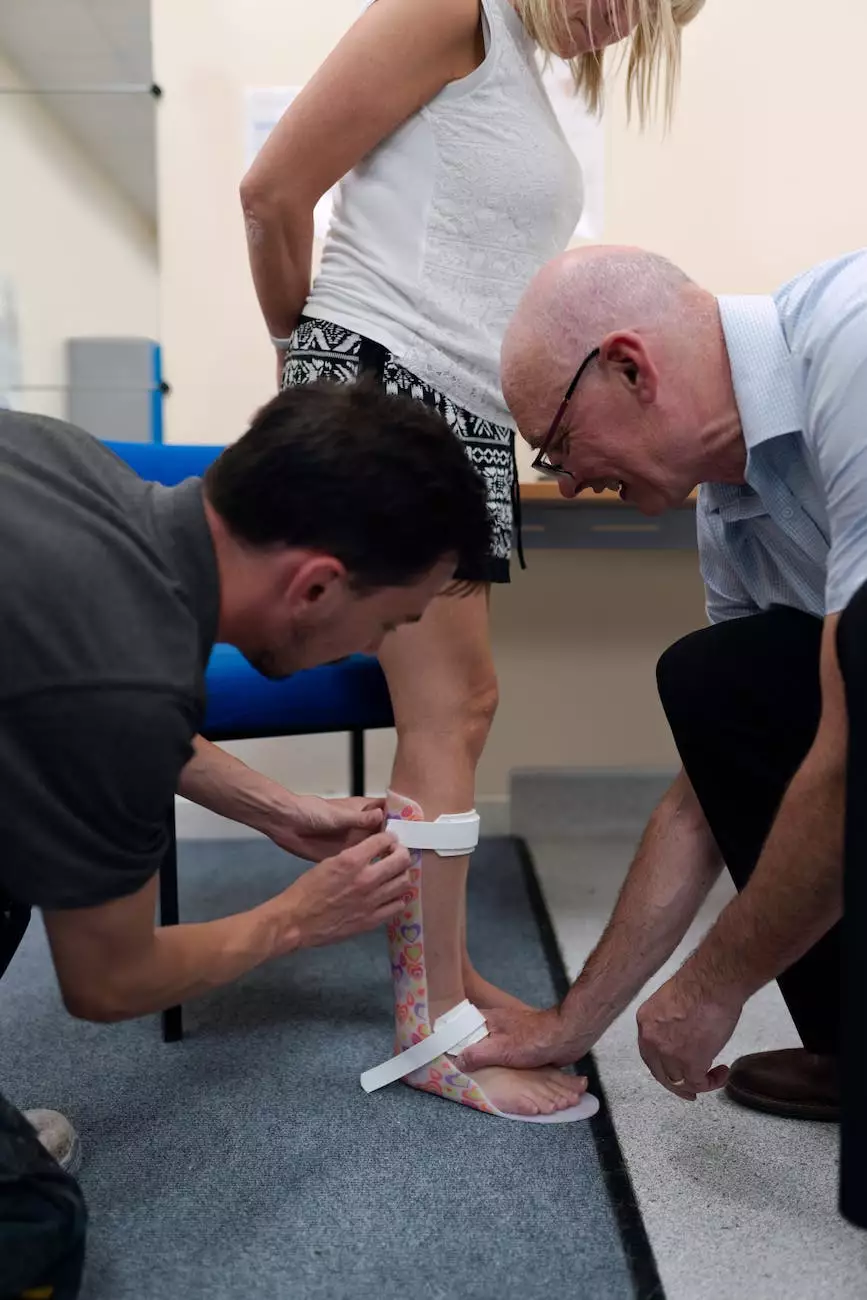13 Tips To Choose A Primary Care Physician
Blog
1. Understand Your Health Needs
Choosing the right primary care physician is crucial for maintaining good health. Start by evaluating your specific health needs and the medical services you require. Consider your age, pre-existing conditions, and any preventive care you may need. Understanding your health needs will help you find a physician who specializes in the areas most relevant to you.
2. Research Local Physicians
Begin your search by researching the primary care physicians in your local area. Look for doctors who are affiliated with reputable healthcare facilities, such as Naab Road Surgical Center. Read online reviews and patient testimonials to get an idea of the quality of care provided by each physician.
3. Board Certification and Credentials
Ensure that the primary care physician you choose is board-certified in their specialty. Board certification indicates that the physician has undergone rigorous training and has demonstrated expertise in their field. Additionally, verify their credentials and ensure they are licensed to practice medicine in your state.
4. Experience and Expertise
Consider the experience and expertise of the primary care physician. Find out how many years they have been practicing and if they have experience treating conditions similar to yours. A physician who specializes in a particular area can offer a higher level of knowledge and tailored care.
5. Accessibility and Convenience
Consider the location of the physician's office and their availability. Choose a primary care physician who is conveniently located and has office hours that align with your schedule. Accessibility and convenience play a crucial role in establishing a long-term relationship with your physician.
6. Approachable and Trustworthy
A primary care physician should be approachable and trustworthy. You should feel comfortable discussing your health concerns openly with them. Look for a physician who listens attentively, answers your questions, and involves you in the decision-making process regarding your health.
7. Compatibility and Communication
Effective communication is vital between a patient and their primary care physician. Look for a physician who communicates clearly and explains medical jargon in a way you can understand. Compatibility in terms of communication style and personality is important for building a strong doctor-patient relationship.
8. Comprehensive Care and Referrals
Choose a primary care physician who offers comprehensive care and can coordinate your healthcare needs. They should have a network of trusted specialists to refer you to if needed. A physician who can provide a holistic approach to your health will ensure continuity of care and better overall outcomes.
9. Insurance Coverage
Check if the primary care physician accepts your health insurance plan. Inquire about the costs associated with visits, tests, and procedures to avoid any unexpected expenses. Understanding your insurance coverage will help you make an informed decision without compromising on quality healthcare.
10. Patient Satisfaction
Consider the overall patient satisfaction ratings of the primary care physician. Look for testimonials from current patients and inquire about their experiences. Positive patient satisfaction indicates a caring and competent physician who puts their patients' well-being first.
11. Transparent Communication on Costs
Choose a primary care physician who provides transparent communication regarding the costs of services. They should be upfront about the expenses involved, including co-pays, deductibles, and out-of-pocket costs. Transparent communication helps you plan your healthcare expenses effectively.
12. Continuity of Care
Continuity of care is important in maintaining a long-term relationship with your primary care physician. Find out if the chosen physician will be available for emergencies and if they have a backup plan in place for their absence. Consistent care ensures better management of chronic conditions and overall health.
13. Trust Your Instincts
Ultimately, trust your instincts when selecting a primary care physician. If you feel comfortable, respected, and confident in their abilities, it's likely a good fit. Building a strong doctor-patient relationship based on trust empowers you to take charge of your health and well-being.
Choosing the right primary care physician is a critical step in your healthcare journey. By following these 13 tips, you can make an informed decision that aligns with your specific needs and preferences. Naab Road Surgical Center is committed to providing excellent patient care and can help you find a primary care physician who meets all your requirements.




